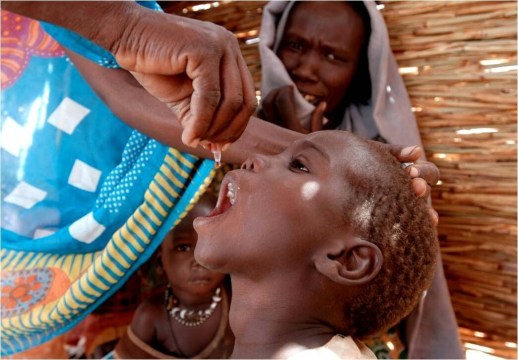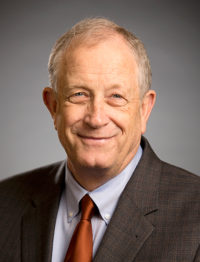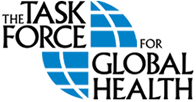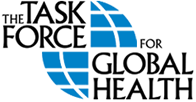A low-profile nonprofit based in Decatur was recognized for its substantial public health work by receiving what’s considered the world’s largest humanitarian prize — the $2 million Conrad Hilton Humanitarian Prize.
The Task Force for Global Health, Georgia’s largest nonprofit, has a mission to control and eliminate neglected tropical diseases, increase access to vaccines, and strengthen health systems around the world.
The Hilton Prize, announced last week, honors a nonprofit organization ‘’making extraordinary contributions to alleviating human suffering.”
Dave Ross, CEO of the Task Force for Global Health, said Monday that the organization reacted to the announcement of the prize with “astonishment and surprise.”
“We were not expecting to win this,’’ he said. “We don’t expect that kind of recognition.”
The award demonstrates “the work we do is valued because it has an impact around the world.”
The $2 million award is kicking off a $15 million capital campaign for a new headquarters in the Decatur area.
“We’ve outgrown our current facility,” Ross told GHN. The new building may also house employees from other organizations, such as the Carter Center, CARE and the Emory Global Health Institute, he added.

The work of these organizations and others, including the CDC, reflects Atlanta’s prominence in global health, Ross said.
The Task Force for Global Health has programs in 150 countries.

“They’re quiet in their efficiency,’’ said Peter Laugharn, president of the Hilton Foundation. Yet, he added, “decision-makers [in public health] know the Task Force.”
It’s the first Georgia organization to win the Hilton Prize. “They combine compassion and technical smarts,’’ Laugharn said, adding that the Task Force collaborates well with other organizations.
The Task Force has worked to improve global immunization rates and the overall health of children since its founding in the 1980s.
In 1984, less than 20 percent of the world’s children had been immunized against preventable diseases, resulting in the deaths of 2 million children each year. By 1990, global vaccination rates reached 80 percent of the world’s children.
The Task Force has created partnerships with major pharmaceutical companies that donate medicines to be distributed worldwide to treat diseases that often come from poverty and poor sanitary services.
Diseases such as blinding trachoma, river blindness, lymphatic filariasis and intestinal worms target the world’s poor because of these people’s lack of access to clean water, sanitation, and basic health services.

Over its history, Ross said, the Task Force for Global Health ‘’has impacted the lives of hundreds of millions of people.”
Building partnerships across sectors is a key to the organization’s success, he said.
Ross said that the Task Force also is doing work locally. The organization is helping DeKalb County officials map out the social determinants of health in the county. That way, DeKalb officials will be able to determine where the threats to health are, as well as opportunities for improvement.
The Conrad N. Hilton Foundation was created in 1944 by international business pioneer Conrad N. Hilton, who founded Hilton Hotels and left his fortune to help the world’s disadvantaged and vulnerable people. From its inception, the foundation has awarded more than $1.4 billion in grants, distributing $107 million around the United States and the world in 2015.

